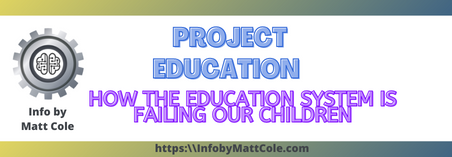Ensnared in Shadows: The Chilling Control Tactics of Child Traffickers
The innocence of childhood is brutally shattered in the clutches of human trafficking, a global nightmare that exploits millions every year. Among the most vulnerable are children, whose lives are warped into instruments of profit through a systematic web of control and abuse. Traffickers employ a chilling arsenal of tactics to keep their young victims trapped, weaving a suffocating tapestry of fear, dependency, and isolation.
At the core of this manipulation lies physical violence. Brutal beatings, forced starvation, and sexual assault serve as stark reminders of the consequences of disobedience. This relentless terror breaks down victims’ resistance, replacing it with a primal fear that chills any hope of escape. Yet, the violence goes beyond the physical. Traffickers wield emotional manipulation like a bludgeon, exploiting vulnerabilities and weaving webs of lies. Promises of love, better lives, and family reunions morph into threats of abandonment, shame, and harm to loved ones. This emotional siege leaves victims feeling utterly alone, severed from their support networks, and drowning in a sea of uncertainty.
Isolation fuels the flames of fear and dependency. Traffickers deliberately cut victims off from their families, friends, and any familiar faces. Confiscated identification documents and restricted communication become chains that bind them to their captors. This enforced loneliness erodes any sense of agency, leaving victims utterly reliant on their abusers for even the most basic necessities. The absence of familiar connections further deepens the psychological trauma, chipping away at their sense of identity and leaving them yearning for a glimpse of their former lives.
Substance abuse becomes another insidious tool of control. Traffickers often force or coerce victims into drug or alcohol dependence, creating a physical and emotional addiction that binds them to their tormentors. This chemical dependency not only weakens their resolve but also fuels further exploitation, allowing traffickers to exert control over every facet of their lives. The trauma of forced addiction only adds to the layers of suffering, compounding the psychological burdens and eroding any remaining hope of reclaiming their freedom.
Breaking free from this suffocating web of control is a monumental task. The fear, dependency, and isolation meticulously woven by traffickers create a seemingly inescapable prison. Yet, it is crucial to remember that hope persists. Through dedicated support networks, law enforcement efforts, and public awareness campaigns, the chains of control can be shattered. By recognizing the insidious tactics of traffickers and offering support to victims, we can illuminate the path toward healing and justice, ensuring that no child’s innocence becomes a commodity in the shadows.
Learn more here.



